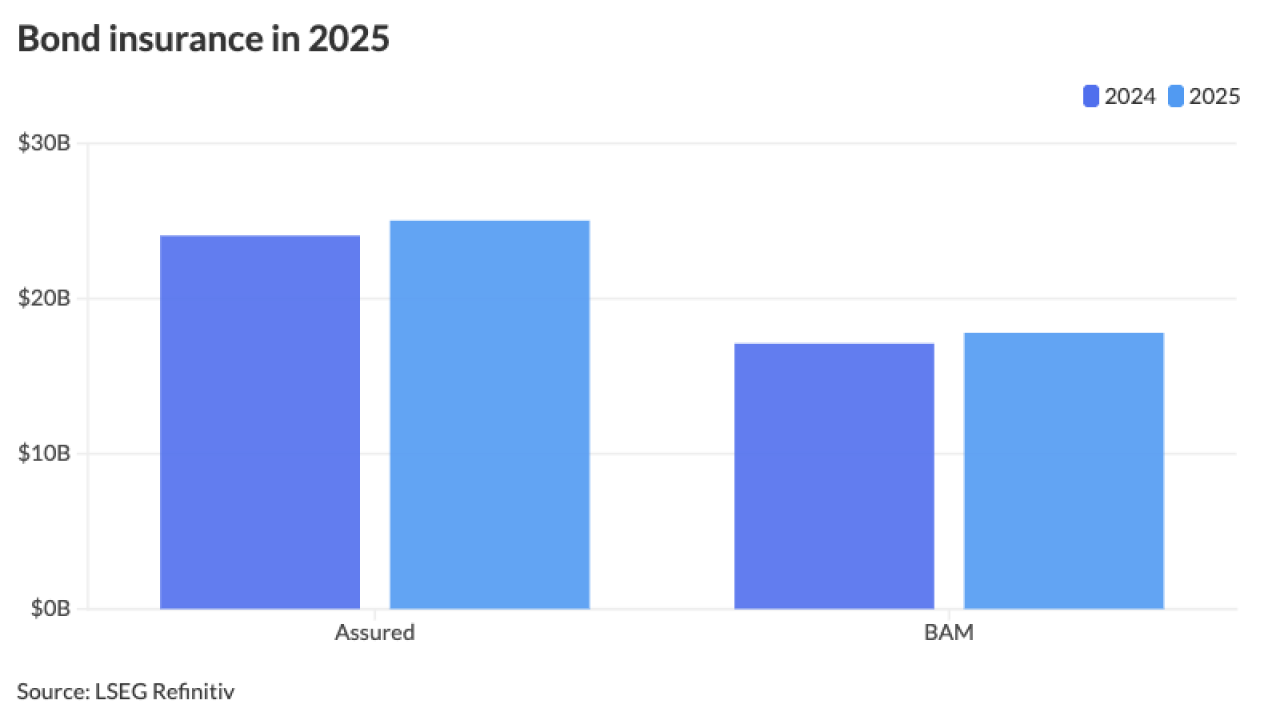Minnesota and Wisconsin have record levels of surplus cash to tap as lawmakers craft new biennial budgets early next year.
Minnesota's existing and projected surplus through the next biennium soared to a record $18 billion due to a mix of factors that include higher near-term tax revenue collections than expected, lower spending, and the carryover of $7 billion that was previously left on the table due to political divisions over how to spend it.
Minnesota added another $6 billion of available revenue Tuesday in its
"We've seen revenue collections exceed expectations" in recent monthly reports, said Jim Showalter, Minnesota Management and Budget commissioner calling the latest projection "an incredible balance any way you look at it."
Showalter cautioned that the numbers account for only a mild recession and don't account for amplified inflation with slowing economic growth and a resurgence of the COVID-19 pandemic posing threats to the forecast. "Economic headwinds are coming this way," Showalter said during a briefing.
While personal income taxes were raised by $1.7 billion for the current biennium that runs through June 30 bringing to $59.9 billion the total amount of revenue, the forecast cut the amount expected in the next biennium by $975 million. Overall, the forecast projects total revenues of $60.1 billion in the next biennium.
While the carry-over balance is a one-time perk, the forecast does predict the state closing out the next biennium with a $6 billion structural balance that grows to $8.4 billion in the following biennium. The figures, again, don't account for steep inflation.
The state's budget reserve holds $2.58 billion with another $350 million in a cash-flow account. Those will be maintained at the same level but a special stadium reserve grows by $41 million to $368 million in the current biennium and reaches $684 million in the next.

The surplus sets the stage for a debate on increased spending in areas like education which is a priority for Gov. Tim Walz, who won re-election in November, and his fellow Democratic-Farmer-Labor Party members, as well as tax relief and a bonding bill package for capital projects. Walz proposed a record $2.7 billion package earlier this year but lawmakers failed to pass any major bonding bill in the last session due to political disagreements.
Lawmakers convene early next year when Walz will propose a fiscal 2024-25 budget. Final negotiations will be guided by the state's formal February revenue forecast.
The political landscape now favors Walz as the GOP lost its Senate majority and Democrats retained House control. Budgetary measures require only a simple majority, but new borrowing requires a super three-fifths majority so some agreement will be needed on that front.
Walz wants tax relief for "working" families and seniors but ruled out relief for top tier payors during the briefing. "Together, we have a golden opportunity to do that while also investing in our workforce, our schools, and our kids — all while lowering costs for our middle-class families, small businesses, and seniors," Walz said.
Democratic lawmakers said they expect to pursue a healthy bonding bill with GOP members voicing support for at least $1.5 billion to fund projects and leverage federal infrastructure dollars.
The state has three triple-A ratings following a , Moody's Investors Service
In neighboring Wisconsin, Gov. Tony Evers and lawmakers also have record levels of revenues in play.
The Department of Administration
Revenue projections forecast an $8.4 billion general fund balance in the next fiscal year and a $9.8 billion balance at the end of the second year of the biennium June 30, 2025.

The department projects moderate future increases of general fund revenues after raising them by $744.2 million to $21.3 billion this year. Another 1.5% increase is expected in the next fiscal year and then a 4% increase in the following fiscal year bringing total revenues to $22.5 billion for the fiscal year ending June 30, 2025.
The report also noted a reduction of on average $340 million of GO debt annually over the last four years.
"Wisconsin is currently in the strongest financial position we've ever been," Evers said in a statement. "This unprecedented surplus presents an unprecedented opportunity to make critical investments in Wisconsinites and the future of our state."
Lawmakers will convene early next year and Evers will propose his budget for the next biennium. Evers has asked his agency heads to submit budget requests that do not seek general revenue fund increases.
While the Democrat won a second term, Republicans retain their majority in the legislature so the bumpy road Evers has faced to date will continue. The GOP however did not gain a veto-proof majority so Evers has some control through veto powers.
Evers wants to raise education spending and cut income tax rates for individuals making less than $100,000 and $150,000 for a family and has proposed targeted property tax relief. GOP leaders have said they are open to some additional spending but want most of the surplus returned to taxpayers.
The state carries ratings of AAA from Kroll Bond Rating Agency, an Aa1 from Moody's, and a AA-plus from Fitch and S&P.
The state routinely borrows through the year under various GO and revenue-backed programs with a new-money GO sale and master lease certificates of participation deal expected in the first quarter and a new-money transportation revenue bond issue in the second quarter, according to Capital Finance Director Aaron Heintz.





